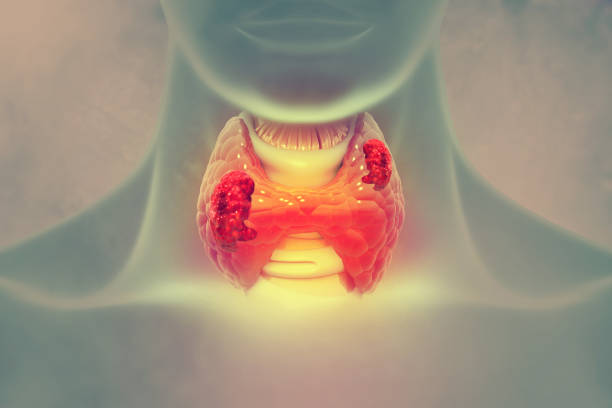+918048035590

This is your website preview.
Currently it only shows your basic business info. Start adding relevant business details such as description, images and products or services to gain your customers attention by using Boost 360 android app / iOS App / web portal.
Thyroid Treatment In Chembur The treatment for t...

Thyroid Treatment In Chembur The treatment for thyroid disorders depends on the specific condition and its underlying cause. Here are the treatment approaches for some common thyroid conditions: Hypothyroidism: Synthetic thyroid hormone replacement: The most common and effective treatment for hypothyroidism is the daily use of synthetic thyroid hormone medication, such as levothyroxine (Synthroid, Levoxyl, etc.). This medication helps to restore thyroid hormone levels in the body to normal. Hyperthyroidism: Medications: Anti-thyroid medications, such as methimazole (Tapazole) or propylthiouracil (PTU), may be prescribed to block the production of excessive thyroid hormones. Radioactive iodine therapy: Radioactive iodine is taken orally and selectively destroys the overactive thyroid cells. This treatment is commonly used for Graves' disease and can lead to hypothyroidism over time, which is then managed with thyroid hormone replacement. Thyroidectomy: Surgical removal of all or part of the thyroid gland may be recommended in certain cases, such as when medications and radioactive iodine therapy are not effective or if there are concerns about cancerous or large nodules. Thyroid nodules: Observation: If the thyroid nodule is small and not causing symptoms or other concerning features, the doctor may recommend monitoring it over time with regular check-ups and imaging. Fine-needle aspiration (FNA) biopsy: If the nodule is suspicious or causing symptoms, a biopsy may be performed to evaluate the presence of cancerous cells. Surgery: Depending on the results of the biopsy or the size and characteristics of the nodule, surgical removal of all or part of the thyroid gland (thyroidectomy) may be recommended. Thyroid cancer: Surgery: The primary treatment for thyroid cancer is often a thyroidectomy, where the entire thyroid gland is removed. In some cases, the surgeon may also remove nearby lymph nodes. Radioactive iodine therapy: After surgery, radioactive iodine may be administered to destroy any remaining thyroid cells or cancerous tissue. Thyroid hormone replacement: Since the thyroid gland is usually removed, lifelong thyroid hormone replacement medication is necessary to maintain normal hormone levels. It's important to note that the treatment plan for thyroid disorders should be tailored to the individual, considering factors such as the specific diagnosis, the severity of the condition, the presence of other health conditions, and individual patient preferences. Healthcare professionals, particularly endocrinologists or thyroid specialists, will evaluate the specific case and recommend the most appropriate treatment options. Regular monitoring and follow-up care are also crucial to ensure optimal management of thyroid disorders.

